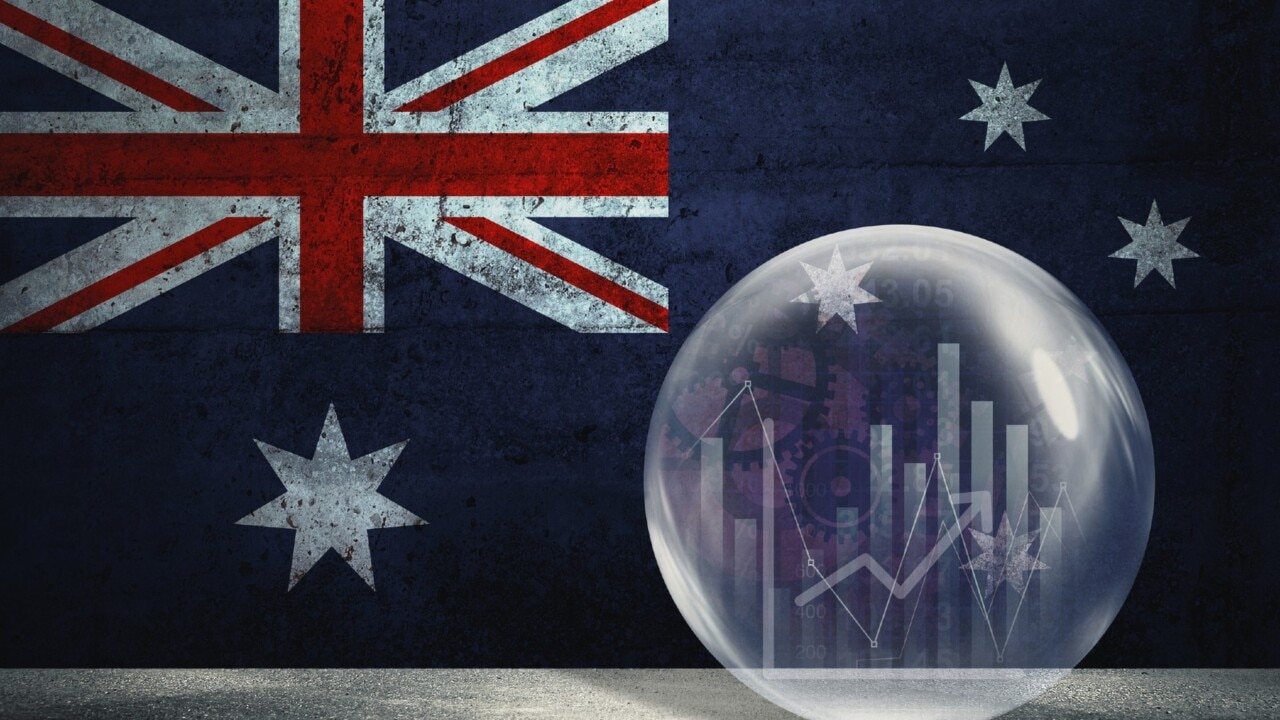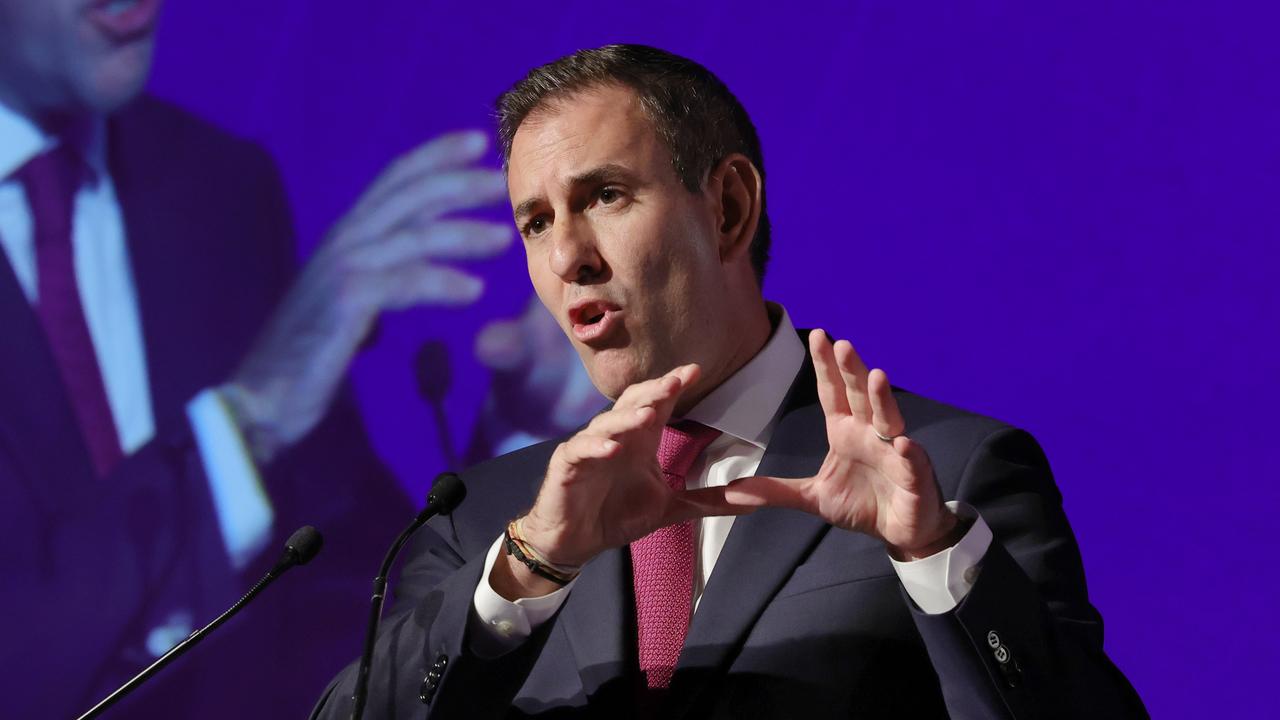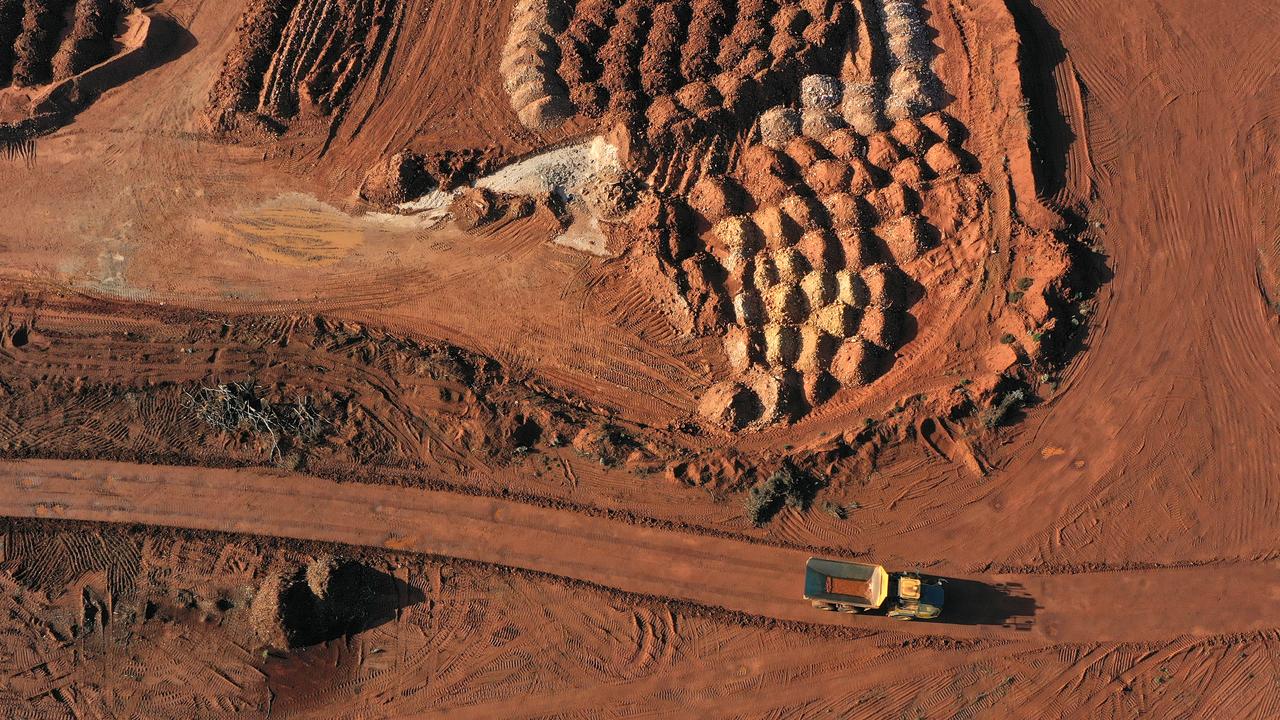Inflation slows more than forecasted to 4.9pc in July ahead of RBA interest rate call
Food and petrol price hikes have slowed, firming the case for the RBA to leave rates on hold next week.

Inflation rose by its smallest margin in more than a year off the back of a fall to the cost of food prices and petrol, opening the door for the Reserve Bank to leave interest rates on hold for a third consecutive month when it meets on Tuesday.
The Australian Bureau of Statistics reported that the monthly Consumer Price Index (CPI) indicator rose 4.9 per cent in the year to July 2023 compared to 5.4 per cent in June.
The result was less than the 5.2 per cent markets had expected, and down from the peak of 8.4 per cent in December 2022. It was also the lowest inflation reading since February 2022.
Before the data drop, financial markets had given the chance of a rate hike as essentially zero following a surprise uptick in unemployment earlier this month amid signs the slowdown in the economy was growing.
A larger fall than expected has pushed the Australian sharemarket higher with the S&P/ASX 200 up 1.1 per cent to 7290.40 at noon.
Reducing the July increase were price falls for automotive fuel, which fell 7.6 per cent from a year ago despite a recent surge in petrol prices, while fruit and vegetables was down 5.4 per cent.
Electricity prices rose 15.7 per cent in the 12 months to July and increased 6 per cent just in July. These increases reflect price reviews across all capital cities.
“The Energy Bill Relief Fund provides eligible households with rebates ranging from $43.75 to $250 in July. If we exclude the impact of rebates from the July 2023 figures, electricity prices would have recorded a monthly increase of 19.2 per cent,” ABS head of prices statistics Michelle Marquardt said.
Other key contributors to the July annual increase were Housing (+7.3 per cent) and Food and non-alcoholic beverages (+5.6 per cent).
“CPI inflation is often impacted by items with volatile price changes like automotive fuel, fruit and vegetables, and holiday travel,” Ms Marquardt said.
“When excluding these volatile items, the decline in annual inflation is more modest at 5.8 per cent in July, compared to 6.1 per cent in June.”
The annual increase for housing of 7.3 per cent was slightly lower than the 7.4 per cent increase in June. New dwelling prices rose 5.9 per cent, which is the lowest annual rise since October 2021, as building material price increases continued to ease.
Rental prices rose from 7.3 per cent in June to 7.6 per cent as vacancy rates remain at historic lows because of the housing supply and a surge in migration.
Food and non-alcoholic beverages rose 5.6 per cent in the 12 months to July, down from the 7.0 per cent annual increase in June and the lowest annual increase since May 2022.
“Food inflation continues to ease across most categories, while fruit and vegetable prices fell 5.4 per cent compared to 12 months ago due to favourable growing conditions leading to increased supply,” Ms Marquardt said.

While inflation is returning towards the RBA’s target band of 2-3 per cent, some analysts still expect that there is at least one rate hike in the tank from the central bank before the end of the year.
Blackrock Australasia head of fixed income Craig Vardy said that the RBA still had one more hike in the tank, but was unlikely to hike again until after the September quarter inflation drops in October.
Betashares chief economist David Bassanese said the overall continued decline in inflation further cements the case for the RBA leaving interest rates unchanged at its policy meeting next week.
“My base case remains that the RBA has now concluded raising interest rates. It will remain on hold for the remainder of this year with the first interest rate cut now expected in April 2024, with two further rate cuts pencilled in over the remainder of next year,” he said.
The RBA said the decision to leave rates on hold earlier this month was a stronger case, noting that the recent information on inflation had been encouraging. Its minutes did note that it was possible that some further tightening of monetary policy might be required and would depend on the data and the evolving assessment of risks.




To join the conversation, please log in. Don't have an account? Register
Join the conversation, you are commenting as Logout